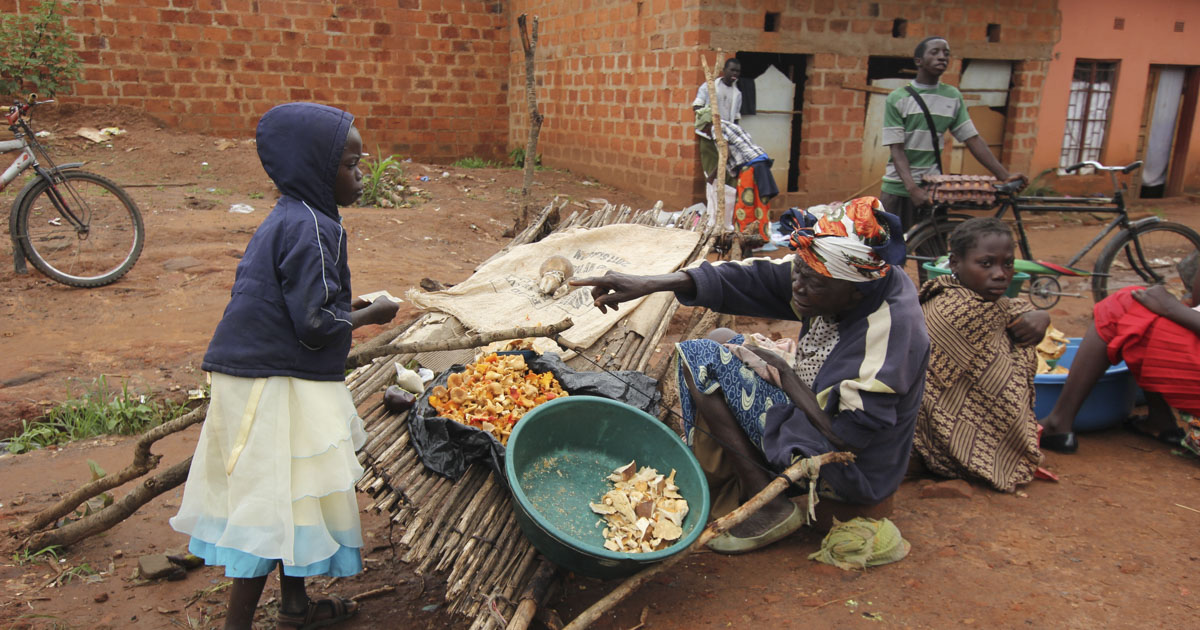At Mathematica, we work collectively with partners across the country and around the globe to create a gender-equal world where women, girls, communities, and economies can thrive.
By listening closely to women’s stories and unique perspectives, we gain a deep understanding of the barriers that block women from attaining equity in health and wealth. We advocate for women by bringing rigorous evidence and stories to governments, implementors, and donors and by making recommendations for programs and policies that can remove barriers to women’s equality and economic empowerment.
In my career, I have been able to amplify the voices of teachers in northern Tanzania, women affected by war in the Democratic Republic of the Congo, mothers with disabled children in Palestine, dairy farmers in Bosnia, families affected by HIV in India, and entrepreneurs in Liberia. Our research teams listen carefully to women’s perspectives as they tell us about their lives, their families, their work, and their struggles. We create a safe space for women to open up and share a window into their experiences, which helps us better understand the mechanisms driving inequality, poor health, and economic exclusion. As women offer their insights, we meticulously document them so that we can shape the interventions and policy recommendations that can improve health, economic development, and the larger society.
Carefully analyzing and sharing women’s stories is one way that I can broaden perceptions and improve the lives of women in the workplace and as mothers. This International Women’s Day, I am reflecting on the women I have met and learned about over the course of my career.
I fondly recall Gloria, a powerhouse pre-primary teacher in Mwanza, Tanzania. We interviewed Gloria over several years to better understand the daily struggle of teaching pre-primary in severely overcrowded classrooms with minimal resources. Gloria explained that few people listen to pre-primary teachers, who are mostly women and are essential to teaching early literacy and numeracy. She offered insights that informed policy recommendations that we provided to the Tanzania Ministry of Education, Science and Technology and to the President’s Office for Regional Administration and Local Government. Both agencies committed to implementing recommendations that could improve the work life of thousands of teachers and the educational attainment of Tanzanian youth.
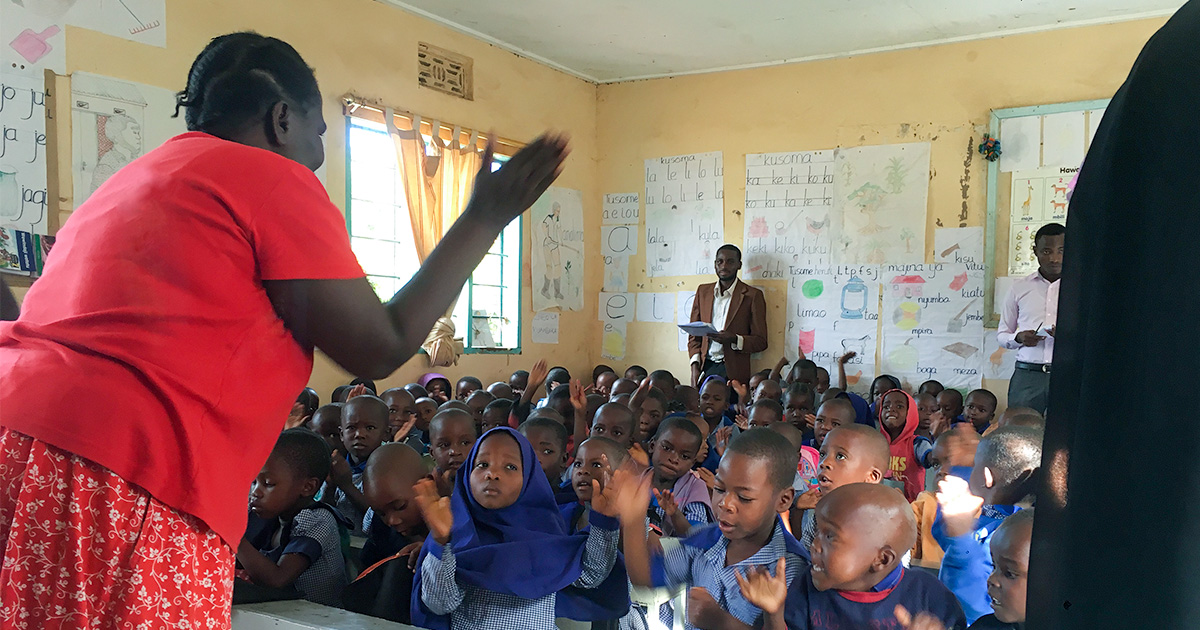
Tanzanian pre-primary education leaders offer important insights that can help students and teachers thrive.
I am thinking about Victoria, a Congolese bread maker who described how she’s known throughout her community for her delicious bread. She had received business training through a non-governmental organization (NGO) and explained how much she wanted to take her bread to market to help support her family, but she worried about the threat of armed bandits along the route. She hoped that local business owners could pool resources to hire a security guard. We brought her recommendations to program implementers so they could remove this barrier to economic empowerment.
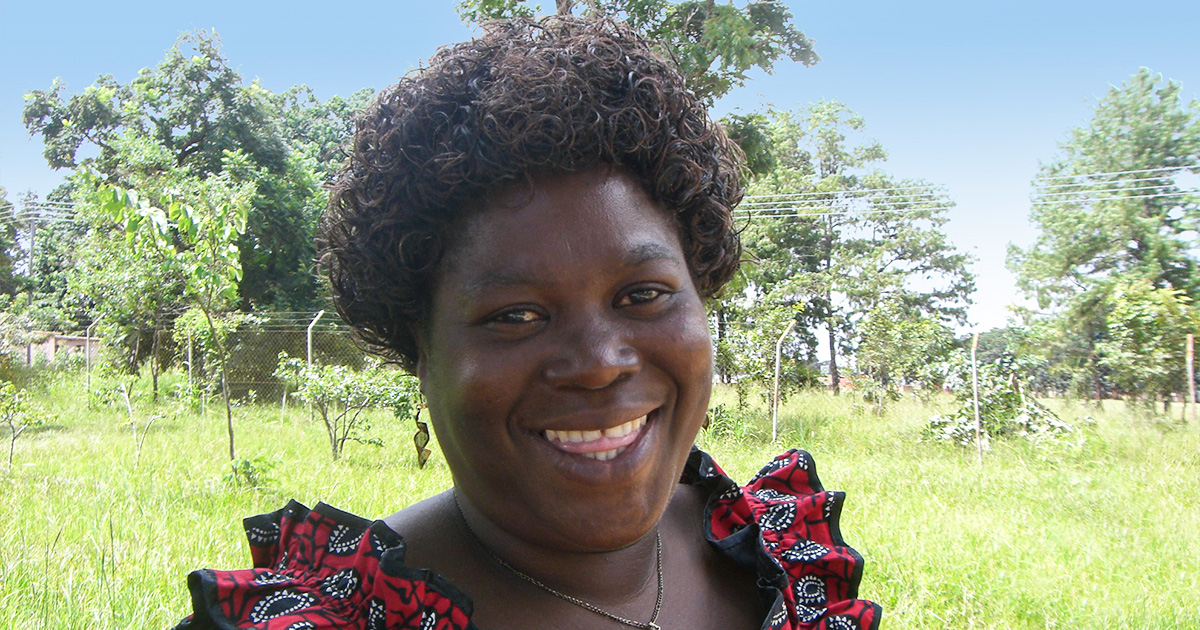
Women entrepreneurs like Victoria are eager to move goods to market and know the barriers that stand in their way.
I recall a young Palestinian mother whose daughter needed a wheelchair in order to attend school. If her daughter went to school, the mom could resume working. A wheelchair—though out of her immediate reach—was the vehicle to economic empowerment because it meant access to education for the little girl and an income for the mother. We were able to share stories like this with the Ministry of Social Affairs so they could better serve their constituents.
I remember the Bosnian women trained by an international NGO to operate dairy businesses. They sold milk, cheese, and cream on the good days but suffered from depression and carried postwar trauma, so the bad days were too painful to be productive. Sharing this painful truth allowed us to advocate for the mental health care necessary for these women to maximize their economic potential. The NGO bolstered their mental health services along with their business training.
I remember the Indian mother who was HIV positive and whose young daughter was already a sex worker. Both mom and daughter knew the dangers of sex work but prioritized earning money for school fees above all else. The mother confirmed that the small government cash transfer she started receiving was key to ending her daughter’s sex work, unlocking education for her daughter in the short term and hopefully removing inequalities in health and wealth in the longer term.
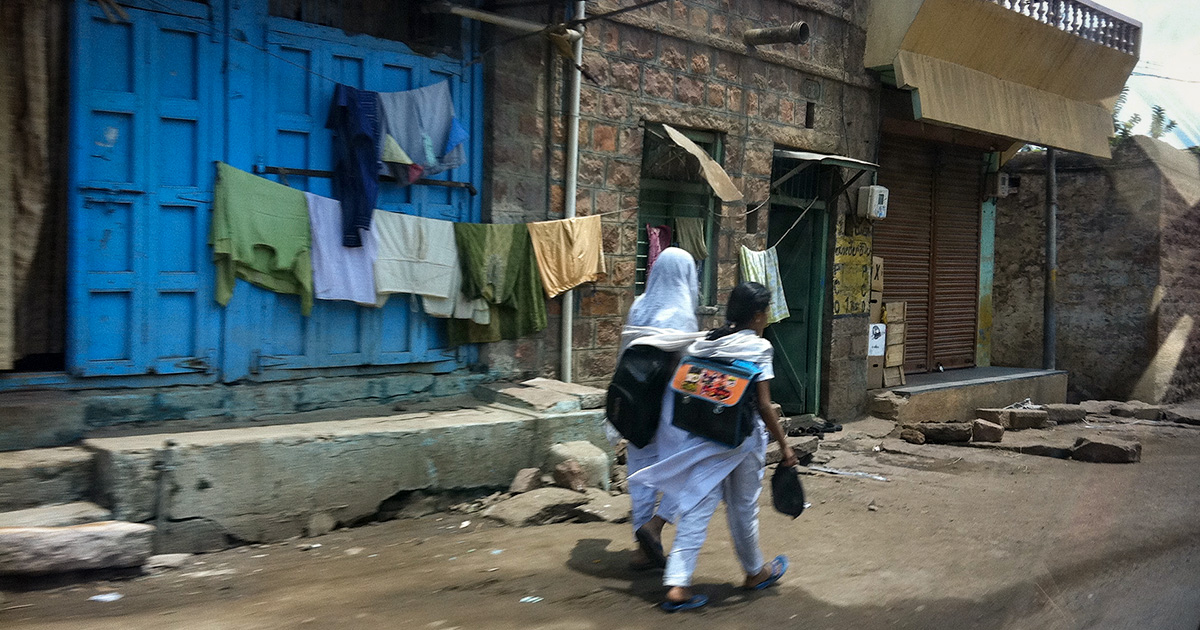
In India, a mother and her daughter can access education and better health with small investments.
Right now, our team is listening carefully and thinking critically to learn about what stops women-owned businesses in Liberia from accessing electricity. We ask women about their ideas for overcoming barriers to electricity access. We also ask what supports they think might help their businesses harness the power of electricity and what might allow their businesses to benefit from electricity to the same extent as male-owned businesses.
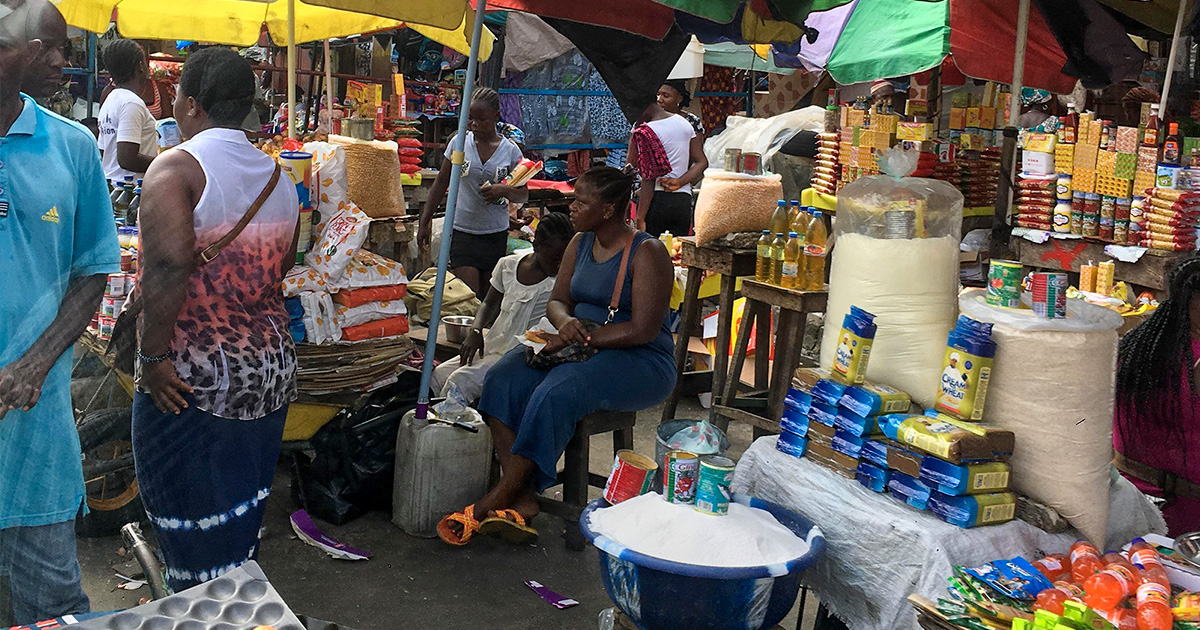
We are identifying strategies to help Liberian women-owned businesses like those in this market benefit from electricity access.
At Mathematica, we recognize that equality is essential for economies and communities to thrive. This truth informs our work so that we closely examine the context where women live and work, listen carefully to women’s perspectives, and make action-oriented recommendations to remove the barriers to a gender-equal and empowered world. All the individuals we meet who share their unique perspectives, every project we have the privilege to conduct, and each report we write provides an opportunity to contribute to the collective that can help create a gender-equal world.


